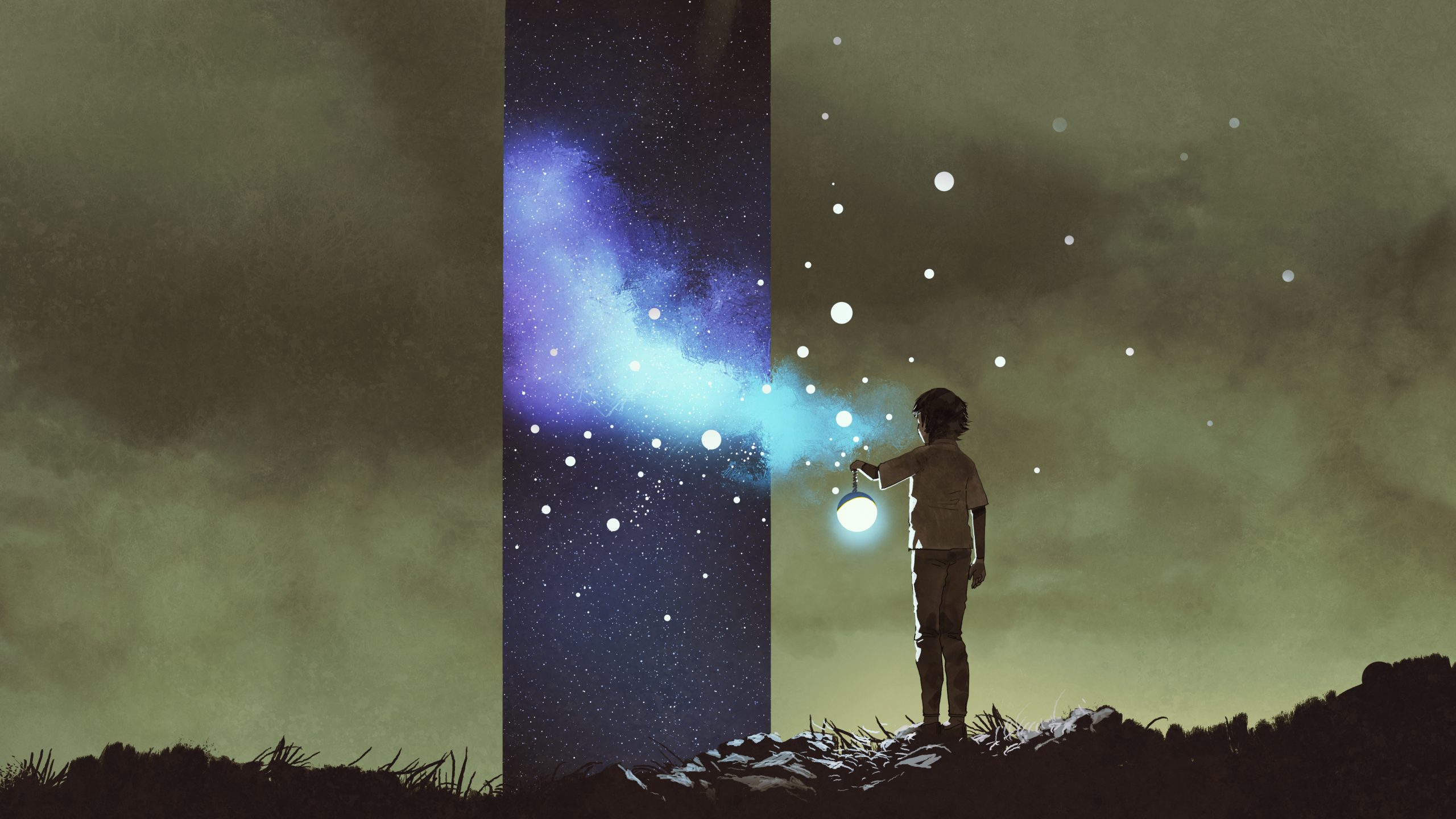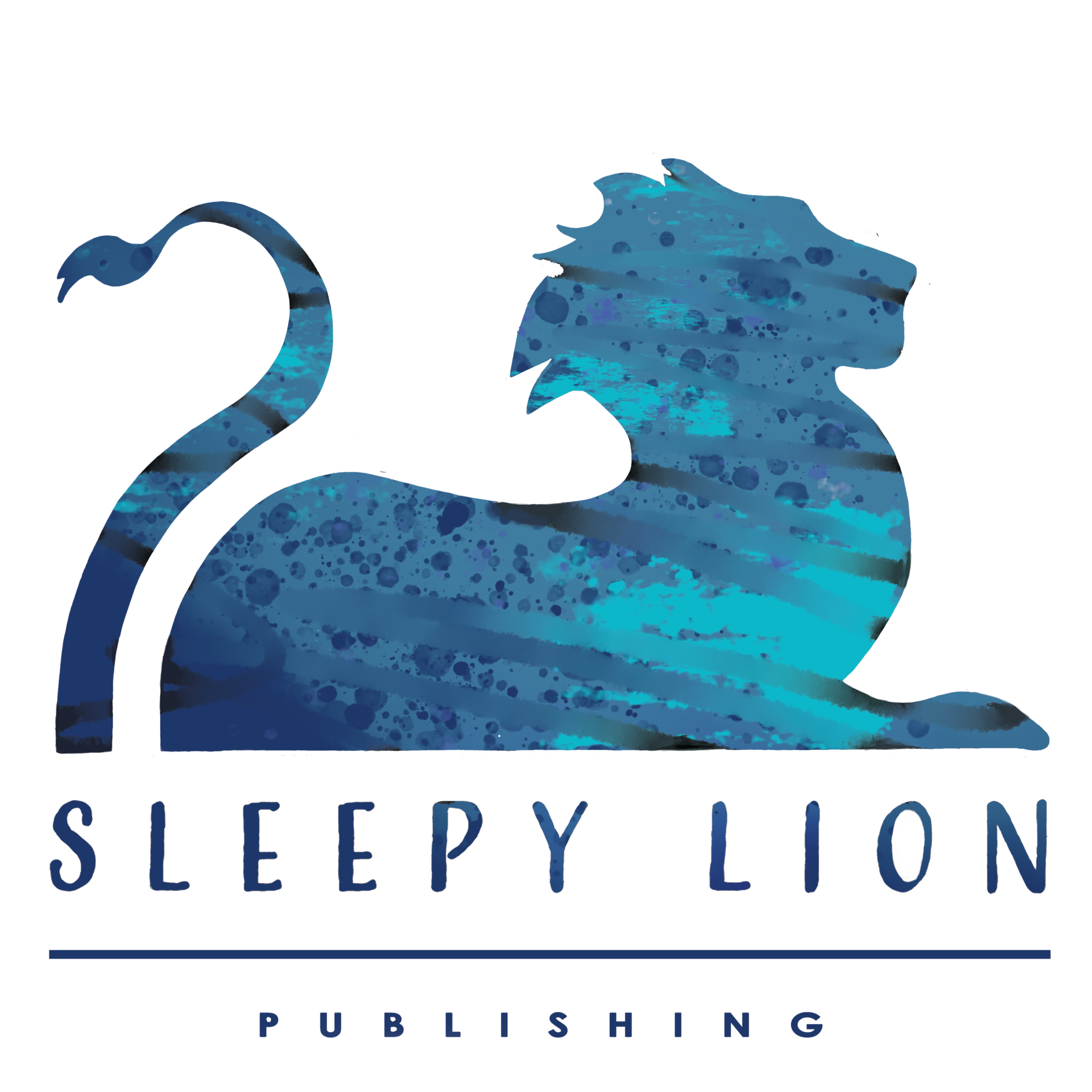The Dreams of Stephen King – by India Roberts


Art by Grandfailure
The Dreams of Stephen King by India Roberts
It’s accepted, even common knowledge, that our everyday lives have influence on our dreams when our conscious minds are in slumber. But what if our dreams can have agency over aspects of our everyday lives? There have been countless studies proving that dreams bolster your creativity levels, which is undoubtable considering some of the weird and whacky fables our minds formulate during the night. REM sleep happens in the deepest points of sleeping, characterised by rapid eye movement (REM), increased bodily movements and, importantly, increased dreaming. A recent study found that people who have a consistent, steady relationship with REM sleep are able to come up with ideas and develop them in more creative ways. It allows us to make stronger connections between things we may not have previously linked together, and we all know how important this can be for the talent of storytelling.
National Geographic has discovered that deep sleep can boost memory, helping you to imagine (and plan for, if that’s your style) aspects of life, especially the future. Lucid dreaming in particular has been heavily linked to both creativity and a boost in problem-solving capabilities. There are many reports from creatives claiming that their masterpieces simply ‘came to them in a dream’, particularly Paul McCartney’s Yesterday. I admit to having had dreams after which a tale has flowed out of me like nectar out of a blooming flower, but I’m yet to make my fortune out of it. You could fill Hogwarts’ Library with the amount of research on our dream state and creativity, but what is its power over our literary culture?
It could be argued that there’s an author inside all of us. After all, dreams are a vein of storytelling, right? None of it is real, and yet most of us fabricate fictional narratives within our mind multiple times a night. Lucid dreaming, especially, allows someone to practise unchecked creativity with low inhibitions and rampant freedom. But how often do authors transfer the bizarre creativity from their dreams into their fiction? It’s speculated, and largely verified from her own accounts, that Mary Shelley’s Frankenstein was in fact inspired by a dream… a nightmare, if you will. Her account reads “what terrified me will terrify others…” and Shelley described in detail how the visceral image of Frankenstein’s monster materialised gruesomely in her mind. A haunting sentiment. There are, of course, a myriad of other creative works that have been inspired by the eclectic and compelling dreams of the creators, but let’s move onto the star of this article’s show.
Stephen King is one of the most famous, respected authors in the world. Having sold over 350 million copies of his various books, he specialises in novels that are supernatural, horror, crime and sci-fi in genre. With over 63 novels in his arsenal, we’ve all wondered at some point how King continues to craft new ideas. His level of creativity is envied by many (not just me, I hope…), and where he draws his innovation from is a question that can’t be on enough readers’ lips. Rumbling rumours, some supported by King’s interviews, suggest that dreams have had influence on King and the inspiration for his novels. Many of us, sadly, struggle to even remember our dreams. We clutch onto silvery filaments that vanish into the pillow, never to be retrieved. Alas, we can’t all be King.
In an interview in 1989 on WAMC’s Public Radio Book Show, Stephen King conversed about his writing style, saying that “as children we tend to live in this kind of dream state… and because I equate that sort of dream state with a heightened sort of mental state, I make this easy cross-connection between childhood and strange powers, paranormal powers or whatever, and it has been successful as a fictional device.” It’s true that children are more impressionable and less inhibited than adults. They can think in ways that adults wouldn’t perceive as rational and as King says, it’s precisely this kind of creative thinking that can allow us to flex creativity that storytellers such as King would be proud of. In his book On Writing: A Memoir of the Craft, he draws startling similarities between the art of writing and the act of dreaming. He compares the process of his writing to a waking dream state, unlocking creativity that he wouldn’t ordinarily find through normal processes. King’s influence of dreams and the world that exists beyond our conscious state is very clear, with books titled Nightmares in the Sky, Nightmares and Dreamscapes, The Bazaar of Bad Dreams, as well as Doctor Sleep and Insomnia. It would be hard not to recognise that the man has an interest in the sleeping realm.
One novel that King attributes to a dream, is Misery. On a flight to England in 1984, he fell into a slumber that rewarded him with his initial plot for Misery – a fanatic woman who abducts her favourite author. If you can believe it, the idea was scrawled on a cocktail napkin supplied by the airline. Ironically, King couldn’t sleep until he had written more of the story, which turned into one of his most successful novels, being the 15th most popular book in 1980-1990. Some fans, however, see Misery as a slight against them due to King’s similarities with the abducted protagonist, Paul Sheldon. The novel is often described as a love/hate letter towards King’s fans because of the alarming nature of the relationship between Paul Sheldon and his obsessed admirer, Annie Wilkes.
It could be argued that after having written over 20 novels before writing Misery, all receiving attention in abundance, that King was beginning to tire of his devotees. Perhaps this is why he dreamt a plot that boasts this dynamic. I can’t profess to know what King’s mental state was at this point, nor how he felt about his fans, but he has been known to admit to having a love/hate relationship with them. It’s worth wondering whether King would have written a novel with this plot (potentially jeopardising his relationship with literary admirers) if he wasn’t in a dream state with lowered inhibitions when the plot came to fruition. This is a possible example of our everyday lives and feelings diffusing into our dreams and our unconscious mind. It just so happens that King is able to drag them back into the waking world, utilising them in literary genius.
It sometimes stuns me how artwork as meticulous as a novel can have relied so heavily on the fickle nature of a dream, but as we can see, it often creates the best work. Did you know that Stephen King’s novels were heavily influenced by the unsupervised world that he entered during sleep? Crediting dream state as a literary technique, King can’t value it enough. If you know of any other authors that are advocates for transforming their dreams into reality between the pages, let us know.
Finally, if you would love to hear more about India Roberts, then make sure to check out her Blog and Linkedin Pages!
Additionally, if you would like to learn more about, dreams, lucid dreaming, creativity, writing, or read more exclusive articles from India Roberts and our other writers, then make sure to check out The Sanctuary for more information. With exclusive articles, weekly writing exercises, contests (where you can win money) and an engaged community, it is the perfect place to get inspired and motivated in your writing and creativity!
If you have enjoyed this article and wish to see more, than make sure to keep updated through our social media page and on this website for more free exclusive content! Additionally, make sure to check out our Books page!
As always, please feel free to comment and share.

0 Comments